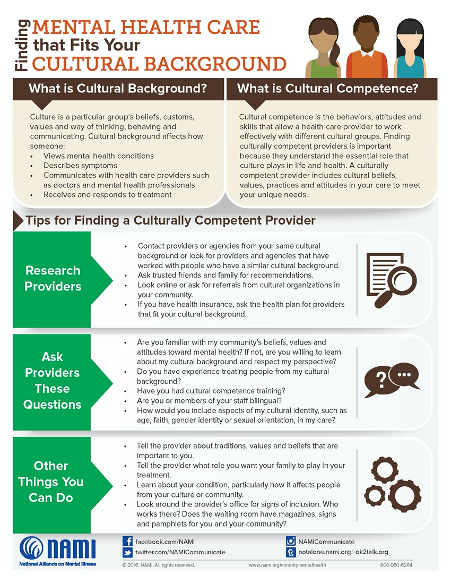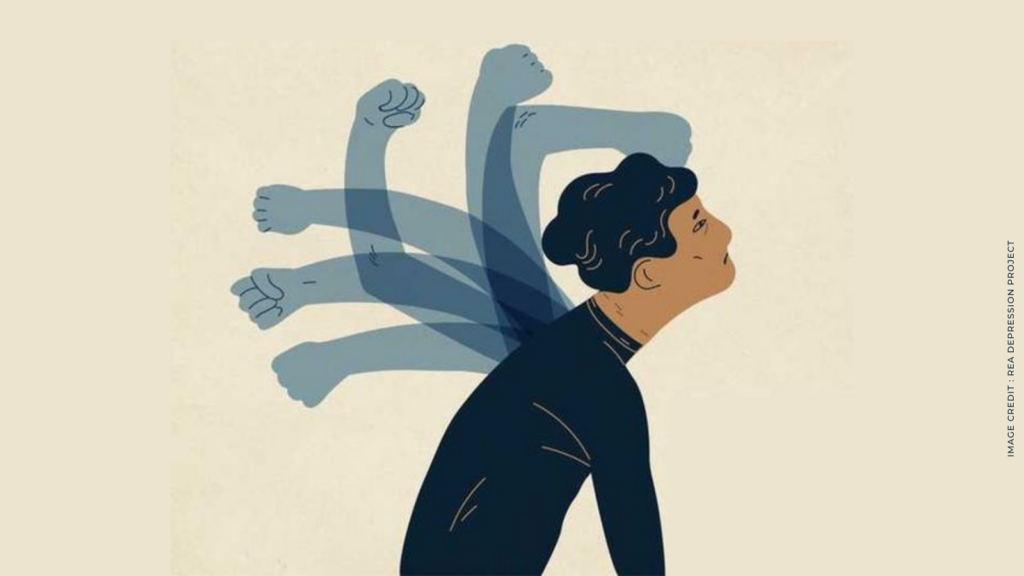Mental health has been a taboo for Asia for way too long. There is no better day to assess where we are and what we need to do than today, the world mental health day.
Where does Asia stand on World Mental Health Day 2020 ?
Is mental health Stigma in Asia less now ?

Is Mental Health Awareness Improving ?
Do More People Seek Help with Mental Health Resources Now ?

What More Do We Need To Do For Mental Health in Asia ?
Make Mental Health Awareness Part of Education
- creating awareness about emotional wellbeing
- Encouraging help seeking behaviour
- Life skills training : including critical thinking, empathy, assertiveness, and emotional awareness
Get Rid of Mental Health Stigma
Talking about mental health and psychosocial issues in a non-stigmatising manner, using appropriate language, and ethical media reporting can contribute a great deal towards reducing the stigma, A powerful way to do this is to start this conversation in school. Conversations around self-worth, emotional intelligence, and coping skills is a great way to normalise speaking about mental health
Nivendra Uduman (Counselling Psychologist) Tweet
Make Workplace A Safe Space for Mental Health

Make Workplace A Safe Space for Mental Health
The buy-in leadership is important. Organizations should appoint socio-emotional leaders similar to wellbeing champions. They can check the pulse of the people constantly and can inform the leadership about the people's concerns so that better and more effective decisions can be made. Organisations should also create a system to frequently check on how employees are doing and to provide necessary support. During a time like this, organisations should bring about activities that foster collaboration. Times of crisis are the time for collaboration and a mindset for collective wellness
Rozaine Cooray (Business Psychologist) Tweet
Include technology in mental health Resources
Make Mental Health Resources Affordable
Mental health is a human right - it's time that mental health is available for all. Quality, accessible primary health care is the foundation for universal health coverage and is urgently required as the world grapples with the current health emergency.
Dr Ingrid Daniels (President, World Federation of Mental Health) Tweet
Also Read :
Mental health is important at every stage of life, from childhood and adolescence through adulthood. It is something to look after, to talk about, and is easy to practice every day. Here’s an easy toolkit to help you practice mental health self check.



